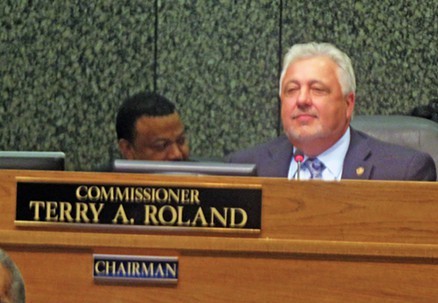Terry Roland, the second-term member of the Shelby County Commission from Millington, became the first declared candidate for county mayor on Saturday before a packed house at the city’s Old Timers Restaurant.
He told the crowd, which included public officials, old friends, and active supporters, that Memphis and its suburbs depend on each other, because “other cities and states are eating our lunch.”
He lamented the county’s dependence on ad valorem taxation (sales taxes plus property taxes) and local government’s reliance on PILOT agreements to attract industry, and he discoursed at large on what Shelby County needed to do to catch up with its neighbors.
As he would put it later on in an interview with the Flyer at his commission office, “I’m tired of Nashville looking down their nose at us. I want to bring Memphis and Shelby County back to prominence. There’s no reason we can’t rival Nashville.”
As he told the crowd at Old Timers: “We need to start getting along. The good Lord ain’t going to have us roped off. Basptists, Methodists, black folks, white folks, we’re going to be all-together folks, at the end of the day.”
Roland’s opening was an impressive performance, all things considered. He was folksy, ingratiating, benevolent, and expansive — all of which things he can be. He can also be volatile and abusive at times — something he admits to and says he’s trying to repair and making progress on.
“I might not have much book sense, but I’ve got a whole lot of common sense,” he declared in the Flyer interview. In that conversation he would reveal some surprising and previously unkown details about himself: He was, for example, from the age of 14 until the end of his 20s, a professionally competing rodeo cowboy.
“I was all over the United States and Canada, everywhere from the Calgary Stampede to Cheyenne Frontier Days, bull dogging, calf roping, and barebacking on broncs. I got my share of trophies and belt buckles.” He got his share of broken bones, too, and was once saved from what could have been a fatal stomping from a bull by Lecile Harris, a renowned rodeo competitor who managed to free him from the harness he was trapped in.
Having finally “got too old” to continue with that life, Roland returned to Shelby County, managing the family service station and store in Millington, attending the University of Memphis, and getting married. He had a brief career as a rock-and-roll singer and can play the piano well, having taken piano lessons for 12 years.
Roland came to public notice quickly, once he was elected to the County Commission as a Republican in 2010. He famously (and vociferously) advocated various causes dear to suburbanites and conservatives — notably the creation of suburban municipal schools after the city/county school merger brought about by the Memphis City Schools board’s surrender of its charter, only weeks after he began his service on the commission.
When he was chairman of the commission’s legislative affairs committee, Roland journeyed often to Nashville, where he lobbied hard for the municipal systems. “We’re going to bomb your Hiroshima,” he once declared to commissioners whose loyalty was to a unified Shelby County Schools system.
Elected chairman in a second term by a commission he much prefers to the one that existed in his first term, Roland has moved steadily from what appeared to be the hard right to a more centrist position. He was the major force galvanizing the commission to call for passage in Nashville of Governor Bill Haslam’s Insure Tennessee proposal, and, while he lobbied the General Assembly for the recently proposed de-annexation act, which was relegated to “summer study,” he did so on the grounds that a modest downsizing would improve Memphis’ finances. He opposed the bill in the more comprehensive form it was originally introduced in.
He is currently concerned with moving away from the use of PILOTs (payment-in-lieu-of-taxes) to attract industry and with paring down the OPEB (other post-employment benefits) associated with the demise of the city schools inherited by the county school system. He advocates TIF (tax incremental financing), a more pay-as-you-go method, rather than PILOTs to develop the inner city.
There are still vestiges, though, of the unruly Roland who, being mercilessly heckled by other GOP Commissioners at a meeting of the Collierville Republican Club in 2012 for his advocacy of single-district reapportionment, threatened to knock one of them, Chris Thomas, “out of your chair” and had the cops called on him. That’s one of the things he was asked about in the Flyer interview, which took place on Monday in Roland’s commission office:
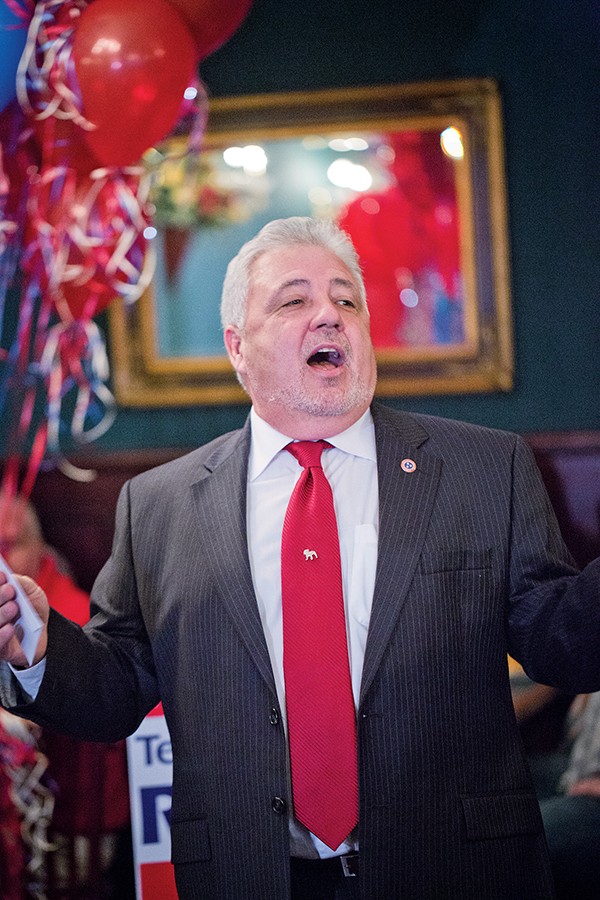
Roland: That was all part of my maturity process. The debate was actually about the suburbs being underserved and how single-member districts would provide better representation. What was really going on was the Republican Party in East Memphis was not wanting to lose a commissioner. I was actually fighting my own party! This term, we don’t fuss and fight any more, with 13 single-member districts.
You’ve got to be able to navigate and negotiate with people. You’ve got to be able to turn a corner. Let me put it this way: If Eddie Jones is successful in his district, we’re all successful. I’m not an ‘I and me’ guy. It’s always ‘us and we.'”
Jones, an inner-city Democrat, had initially voted for Roland’s fellow Republican Steve Basar for chairman last September. Basar, as vice chairman the year before, 2014, had expected to be elected chairman then, but, to his surprise, suffered a defection by several fellow Republicans. In the end, Democrat Justin Ford had been elected chair for 2014-15; in the wash, Ford became in effect a member of the GOP coalition, while Basar began acting in common cause with Democrats.
This past September, Basar tried again, seemingly winning the Commission’s nod by a single vote and holding the office of chairman-elect for roughly an hour until Jones, after conferring with Roland in the back room of the chamber,, asked for a surprise vote of reconsideration of the chairmanship vote — permissible under the rules, since he was on the prevailing side. In the process of the new balloting, Jones transferred his vote to Roland, who then became chairman. Roland was asked about widespread reports that he had secured Jones’ vote by offering to secure backpacks for children in Jones’ district.
Roland: Naw, I just told Eddie, ‘I’m not going to hold it against you.’ He did that [decided to ask for reconsideration] on his own. As for the backpacks, we were going to do that anyways, We did that in my district and other districts, did it before. And after.
Reminded that Basar had been chairman just long enough to call his wife and tell her the good news, Roland unloosed a chuckle that bordered on a guffaw — something he routinely did when reminded of some “bad boy” maneuver that he had pulled off.
Roland was asked about the volatility of his relationship with University of Memphis assistant law dean Steve Mulroy, a liberal Democrat who left the commission in September after serving his two terms and making an unsuccessful run for mayor.
Roland: Mulroy always wanted to play party politics. I’m not going to begrudge him about that. Everything down here ain’t always Republican and Democrat, though. He always wanted it to be that way. Now, he’s probably a good lawyer and a great teacher. That last commission, there was always something: Mulroy, or Henri Brooks always stirring something up, or Ritz.
The reference was to Mike Ritz, an influential Republican member from 2008 to 2014, who, like Mike Carpenter, a GOP member before him, and Basar afterward, had incurred resentment among Republican members for making common cause with Democrats. In the case of Ritz, most of that came from his resistance to the formation of independent suburban school districts after the Memphis City Schools board surrendered its charter.
Roland: I mean, no sooner did we have our feet on the ground [in September 2010] when we had Electrolux and Mitsubishi one week and surrendering the school charter the next week. Everything was very adversarial. I’ll be honest with you. I made mistakes. I still make mistakes. But I’ve matured a whole lot.
He mentioned Walter Bailey, a senior inner-city Democrat.
Roland: Walter is somebody I really confide in. He kind of reminded me of my Daddy some. If I’m wrong, he’ll tell me.
Back to Mulroy. There had been a notorious incident in which, Mulroy said at the time, Roland had accosted him in the commission library and challenged him to “go outside,” where they would settle their differences with fisticuffs.
Roland: Naw. I had this set of boxing gloves that somebody gave me. Steve comes through and says, ‘You wanna box?’ I said, ‘Sure, we can do it for charity and use the money to pay down the debt.’ Why would I jump on somebody like that? But listen, if I’m wrong, I’ll apologize, and I’ll tell you I’m wrong. I’ve learned you’ve got to have thick skin to be in office.
Mulroy disputes Roland’s version, saying that the “boxing gloves” episode was a good-natured tension-relieving sequel to what had been a bona fide in-your-face challenge from a Roland irate over a difference of opinion on the Commission.)
One thing that Roland and Mulroy consistently differed on was issues relating to the LGBT community, starting with Mulroy’s sponsorship of an anti-discrimination resolution in 2009. Roland’s aversion to legislating on behalf of gays has continued to the present, with his vote earlier this year against a grant to a local LGBT organization for a program to assist the homeless.

Terry Roland pulled a diverse crowd of public officials, old friends, active supporters, and curiosity seekers at Old Timers Restaurant, where he announced his candidacy for Shelby County mayor.
Roland: I think that was money supposedly for [gay] kids that their parents kicked out. I’m not one on social issues. I’ve got family that’s gay. I don’t judge anybody. I just don’t want people to use us to push their agendas. I don’t discriminate with anybody over anything. When they say what they’re going through is what African Americans went through, that bothers me, because it’s not the same.
Another thing me and Steve differed on was Planned Parenthood versus Christ Community Health Center.
The issue, in 2011, was whether Planned Parenthood, the traditional recipient, should be awarded another contract to deal with Federal Title X pass-through funds, or whether CCHC should receive them. The commission’s conservatives, like the Republican administration in Nashville, was opposed to Planned Parenthood as recipient, because of the organization’s identification with abortion services, although the Title X grant was for other health-related services, not abortion.
CCHC got the grant, with Mulroy, on grounds that he was satisfied that CCHC would provide their clients with information on where abortion services could be had, being a late convert. Roland was reminded of Mulroy’s change of mind.
Roland: That’s because I called his priest. He came down in smoke. [Whence came a cascade of guffaws from Roland.] There’s more ways to skin a cat than one.
(Mulroy disputes this account, saying he was impressed by CCHC’s multiple office facilities and had accepted CCHC’s assurances, which later he found to have been misleading.)
Although Roland was first out of the gate for the county mayor’s race in 2018, it is generally supposed that County Trustee David Lenoir will be a serious rival for the Republican mayoral nomination. Roland’s comment on that was succinct.
Roland: Lenoir will have establishment connections, that’s for sure. But, up until eight years ago, David did nothing for the Republican Party. I go back 30 years with the party. This is blue collar against blue blood. He’s a banker, he comes from banker family. I come from a service station.
One of Roland’s activities this year is his local chairmanship of the Trump for President campaign. He was asked how his involvement came about.
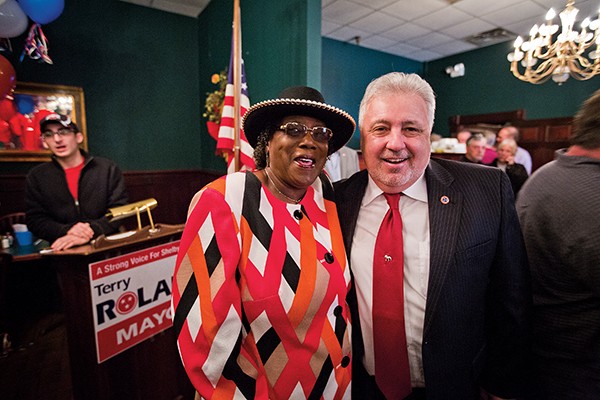
Roland: I just got sick of both sides, Democrat and Republican, doing nothing. I sent papers in to be a delegate for Trump. The secretary of state said, ‘You already turned in papers for [Marco] Rubio. Zach Wamp [a Rubio backer whom Roland had supported for governor in 2010] took it for granted I was for Rubio. I said, just wait a minute, now! I just think this country needs a huge change. I don’t agree with anybody 100 percent. In Trump’s case, that’s some of the tone. I don’t think on all of the issues, he’s well versed. Does that make sense?
At Roland’s Saturday opening in Millington, a backer shouted out at one point in his praise a slogan that sounded like a perfect bumper sticker: “The best of Trump and none of the worst!” Roland beamed when reminded of that. And he went on to dilate on things he did and did not have in common with the New York developer who is clinging to a lead in the GOP race for the presidential nomination.
Roland: I’m not against Hispanics. But, I’ll tell you, there’ve been five cases in the last two months of Hispanics hitting people in traffic. They don’t have driver’s licenses or insurance. They can go to DeSoto County [Mississippi] and get a tag with just two letters, a light bill, or something else. That’s why all the illegal Hispanics over here are driving with DeSoto County tags. The police won’t take them to jail as long as you’ve got uninsured motorist on your insurance. With everything else, we’re losing revenue from them going down there to get their tags.
I’m all for immigration, but I know people working for years trying to get naturalized, and they’re bypassed by the illegals. And Syria. That country’s in an uproar. We’ve got to vet those people [seeking asylum] before we let them in.
I’m for bringing jobs back to the U.S. There are all these shell corporations offshore. You get on the phone to a help desk and get somebody from Thailand.
And there are so many people over here out of work who need jobs! We’ve got hungry and homeless people here. The Bible says charity shall start at home. We need to make sure all our people are taken care of.
One thing people don’t know about me is that for 20 years I’ve been on the board of Professional Care Services. That’s a mental health provider. One reason why a lot of our jails are full is that the country doesn’t do nearly enough for the mentally ill. We can pay for their treatment, or we can pay for jailing them, one or the other.
One of Roland’s duties as Trump’s man in Shelby County has been to vet people wanting to fill at-large positions as Trump delegates to the Republican National Convention in Cleveland this July. There had been allegations from the local Trump camp that the party establishment had filled some of the blanks with people of no long-term loyalty to Trump. One of these was the party’s national committeeman, lawyer John Ryder from Memphis, who doubles as the RNC’s general counsel.
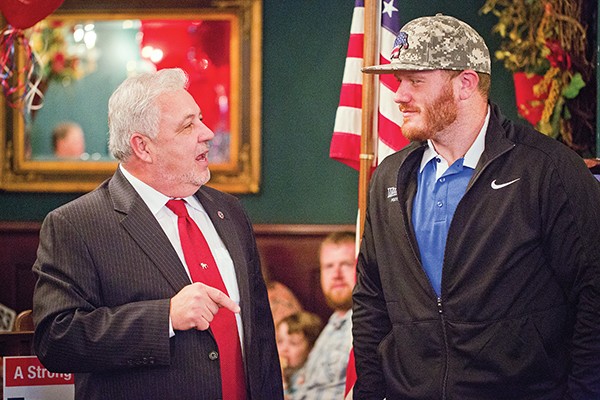
Roland: Oh, he’s alright. Anyhow, I can also keep him from being on the rules committee. So he better play fair.
All of that was a different world from the commission, where, he argued, things should be as non-partisan as possible.
Roland: I’m against partisan primaries. I wish we could do away with them. Think of how much money it would save us.
I’m a realist. To get along in this world you’ve got to be willing to make concessions and work with people, not like what’s happening in Washington now. I couldn’t care less what party people are. I have a lot of Democratic friends who want to vote for me.
I admit to being something of a character. And I don’t use the best of grammar sometimes. It’s from being a people person, and I sometimes use it [the vernacular] for effect. It has to do with my roots. Folks don’t want to know how smart you are.
He spoke of growing up in Tipton County, just over the line from Millington, where his family eventually moved.
Roland: I was the only white kid. I grew up with the Sneeds, the Nathniels, and the Masons [names of black families, some of whose members attended his Millington opening]. Make sure you have me say this: There’s nothing like the love I have for this county and this city and the people in this county and this city.
And then: But if you rattle my chain …
He let the sentence lapse and let go with one of his extended guffaws.

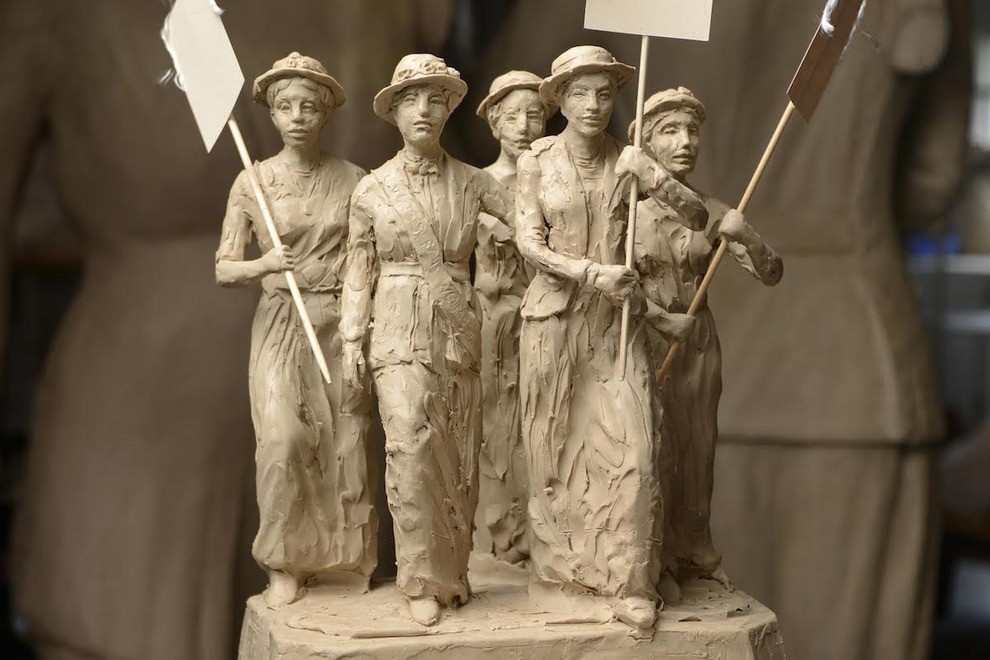

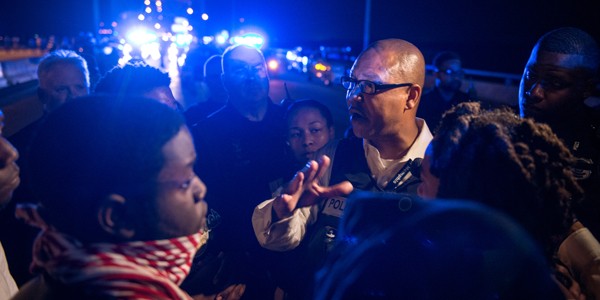 Brandon Dill
Brandon Dill 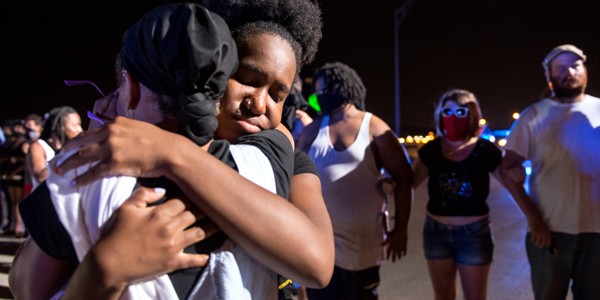 Brandon Dill
Brandon Dill 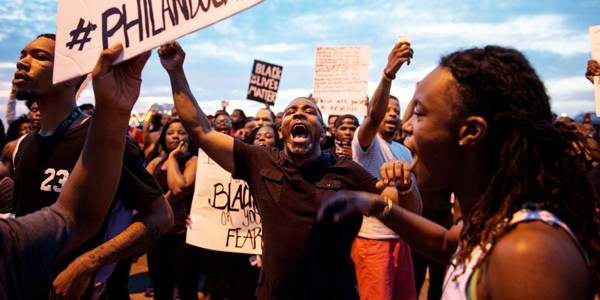 Brandon Dill
Brandon Dill 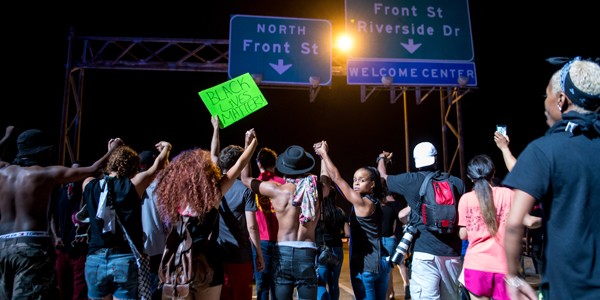 Brandon Dill
Brandon Dill 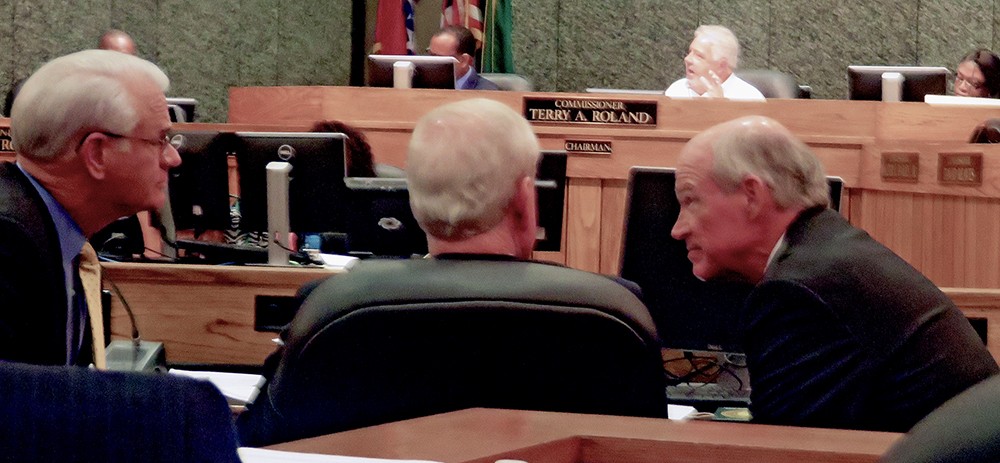 JB
JB 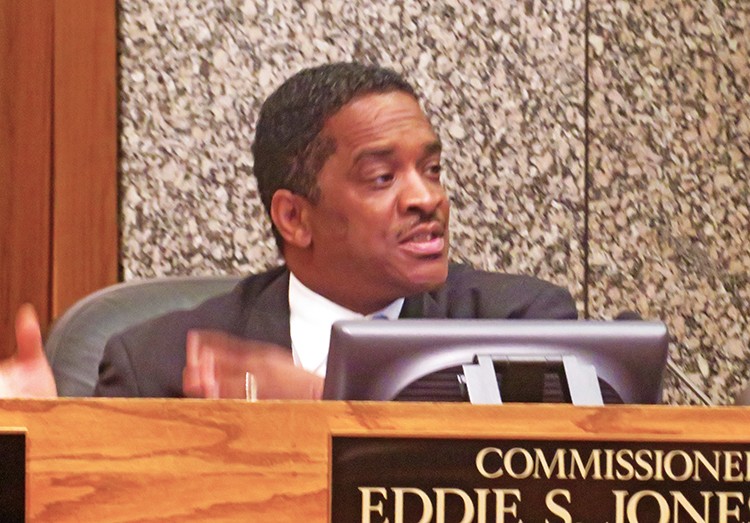 JB
JB 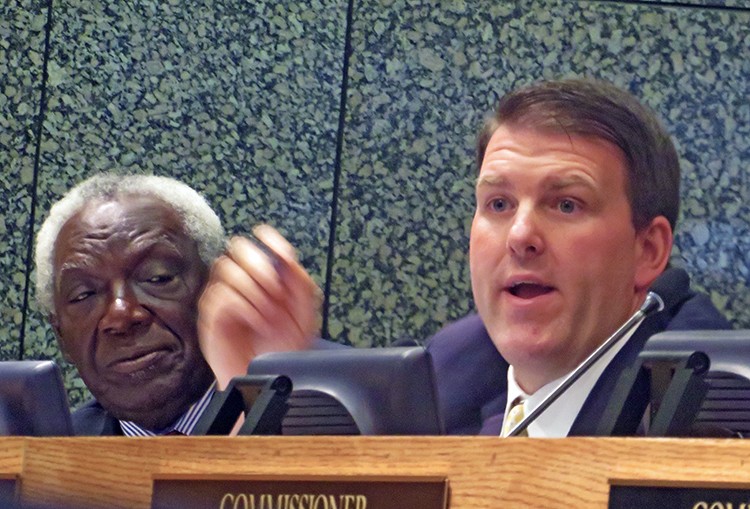 JB
JB  Greg Cravens
Greg Cravens 